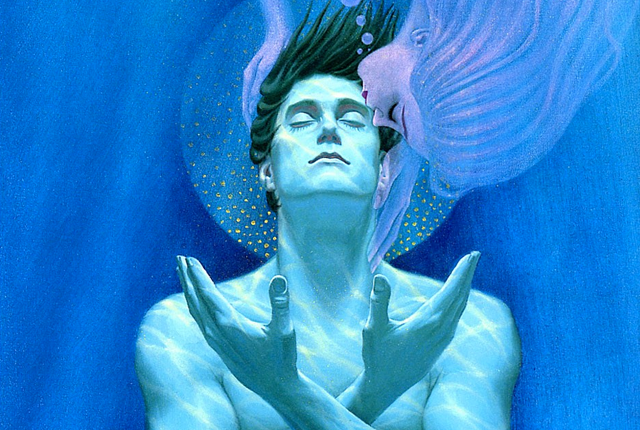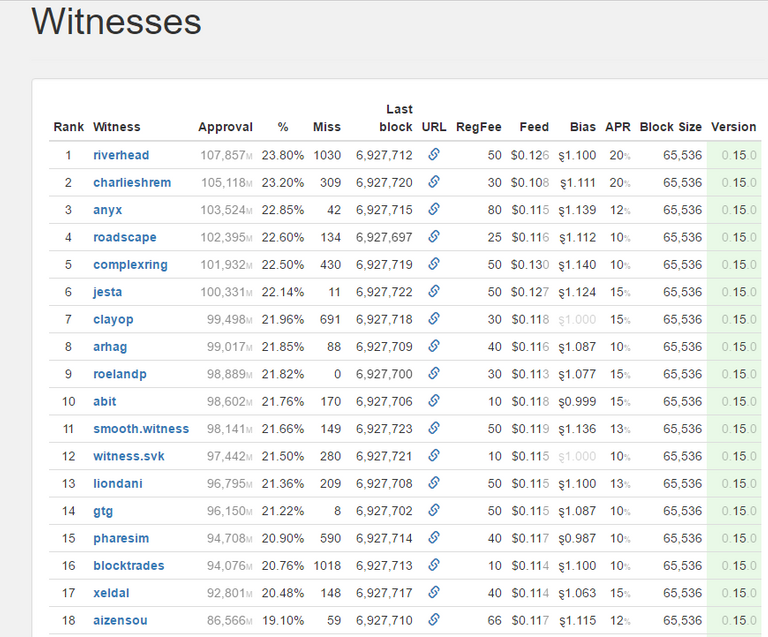
Art Credit: James Warhola, original book cover art for "Stranger in a Strange Land"
One of my favorite books of all time is the prescient science fiction novel "Stranger in a Strange Land" from the iconic writer Robert Heinlein. Heinlein's help define the science fiction genre, along with such greats as Philip K. Dick, who brought his own sense of speculation to the reading masses. Unlike Dick, whose fiction bordered on the idea of dark governments and technological abuses of human rights, Heinlein's fiction contained threads of political philosophy that contained elements of libertarian and even anarco-capitalistic philosophies. "Stranger in a Strange Land" was among the first of his novels to delve into such conservative elements, and was embraced by the hippies and freedom movements of the 60's and 70's, since the main character of the book -- a human born on Mars who returns to Earth as a hero -- is, in essence, the first hippie and member of the free love movement.

Image credit: G. P. Putnam's Sons Publishing
Valentine Michael Smith, the Christ-figure and protagonist that the book is named after, and original member of a cultural revolution, isn't the only prediction that "Stranger in a Strange Land" successfully makes. From hippies and swingers, to counterculture and waterbeds (presumably to make swinging more fun), the predication that I have always found most interesting were professional witnesses, whose life were dedicated to witnessing and keeping records of what is true and actual in the world.
Who were the Witnesses?
The witnesses were trained to have photographic memories, and could be hired or used to record evidence or happenstance by their presence and their reliance on acute senses.
Witnesses also did not make assumptions, they only observed and presented observable facts to a fault: in other words, when asked "What color is this house?" their answer would be "This side of the house is green." This meant that the other sides of the house could not be determined, and would not be inferred upon.
America doesn't hire professional witnesses, nor do we have such professions as professional juries. The closest we have today are Notaries of Public, who are paid witnesses for signing documents for legal contracts and such. As a society, we don't really value such witnesses very much, paying them about $15 for their time to observe such contract signings.
It's the 21st Century now, and it appears to me that blockchains and professional witnesses are synergestic and meant for each other. A blockchain is not human and does not possess the sensory faculties to verify contracts or other sensory-based legal relationships. What the blockchain fulfills in Heinlein's requirement for a professional witness is this:
The blockchain is a photographic memory or record of all contracts present or past.
Combining the superhuman faculties of a photographic memory with acute sensory perception is what makes a professional witness viable. Humans can be trained to use their senses to observe closely and report what is observed (we have been doing so with great success in scientific experiments for over a century), but the technical part - the photographic memory - has eluded us. Combining the human element with the blockchain element now makes this a possibility.

Screenshot of steemd.com/witnesses
Steemit's witnesses are amongst the first professional witnesses that combine human senses with immutable memory to provide a human record that can be verified. What Steemit's witnesses improve upon is that they are part of a democratic society that the entire community votes on and supports, so bad actors can be removed. Although Heinlein's witnesses did not make inferences upon what cannot be observed and what the future can bring based on their observations, Steemit's witnesses DO makes inferences, but not for their own benefit. They do so to improve and perfect the Steemit platform, so that future users will benefit.

Screenshot of steemd.com/witnesses
And that, I believe, is where Heinlein might have gotten it wrong in his libertarian philosophy... that witnesses shouldn't necessarily be actors of a large government, but that they are part of the fabric that improve and check the government. Our witnesses on Steemit will continue to make tweaks that will help make this platform familiar... and therefore not such a strange land. As users, we should always be mindful of who our witnesses are, support them by voting for them, and help them wherever we can.

It used to be my favourite book and the favourite of many of my friends. It also influenced many of views on love and sex in the adolescence and formative years. Which is to say: it f***ed me it. Sometimes I wish I’ve never read it at all…
You draw Interesting parallels between the witnesses in that book and the witnesses on Steem. I haven’t thought about it! Thank you for your well-thought-out post!
It came out and changed viewpoints for sure. Thanks, the witness thing is something that I've been thinking about and it seemed like a good parallel!
Heinlein's work can be divided into two main categories
Before Stranger...and after.
Sea Change at that point some say.
He is/was one of my favorite authors. Anytime something published by him hit the shelfs I immediately putin an interlibrary loan request.
(I lived in a small town)
I read Moon is a Harsh Mistress non stop in one sitting...and I was annoyed when it ended...same with Friday.
in a way we do have Fair Witnesses today.
it's called cell phone video.
Cell Phones! That's true, we can all capture the moment, so to speak. I need to read Moon, I have read good things about it and it's another one of his seminal works. I read "Time Enough for Love" and enjoyed it. One thing that is pretty interesting is that Heinlein places characters in his books that give "long speeches in quiet moments." In these speeches are his treatises one might say, about governing, religion, spirituality, economics, justice, and the like.